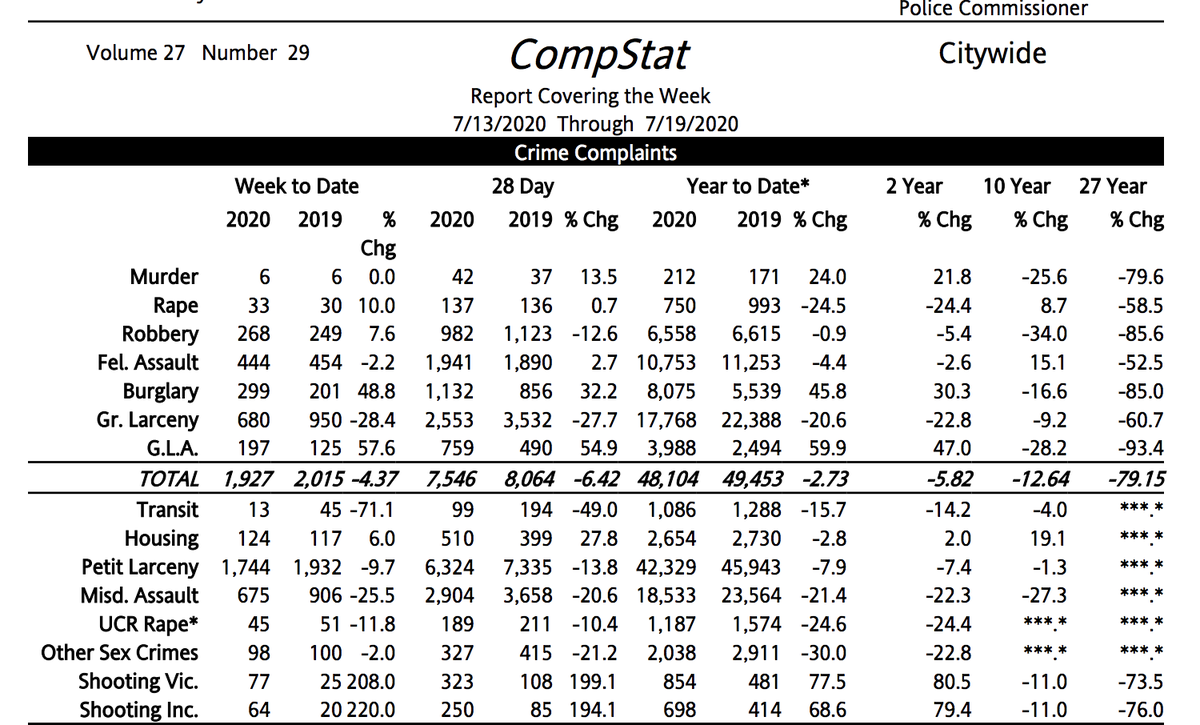
A banner day for the 350+ year old American death penalty abolition movement. I’m proud to have spent much of my adult life representing the condemned in court and in the court of public opinion, even at moments when that was a lonely, unpopular, even reviled position.
As my law school professor Steve Bright always says, we are all more than the worst thing we have ever done. Humans are complicated and contradictory. They do horrible and beautiful things. They grow and change. Blessed are those us whose hearts are open to that complexity.
The death penalty is wrong for so many reasons, but among them is the way it cuts us all off from the most beautiful and hopeful aspects of the human condition, our ability and the ability of others to grow and change and even sometimes to transform ourselves.
This too. Whatever one might think about whether another deserves to live, let there be no doubt that we, ourselves flawed and broken people, do not deserve to kill.
https://twitter.com/greg_doucette/status/1357941971675996161
Finally I just want to say a blessing in honor of my first client Amos, a generous spirit whose life was cruelly extinguished by the state of Florida. His execution set me on this path. Forgive them, they know not what they do.
• • •
Missing some Tweet in this thread? You can try to
force a refresh






